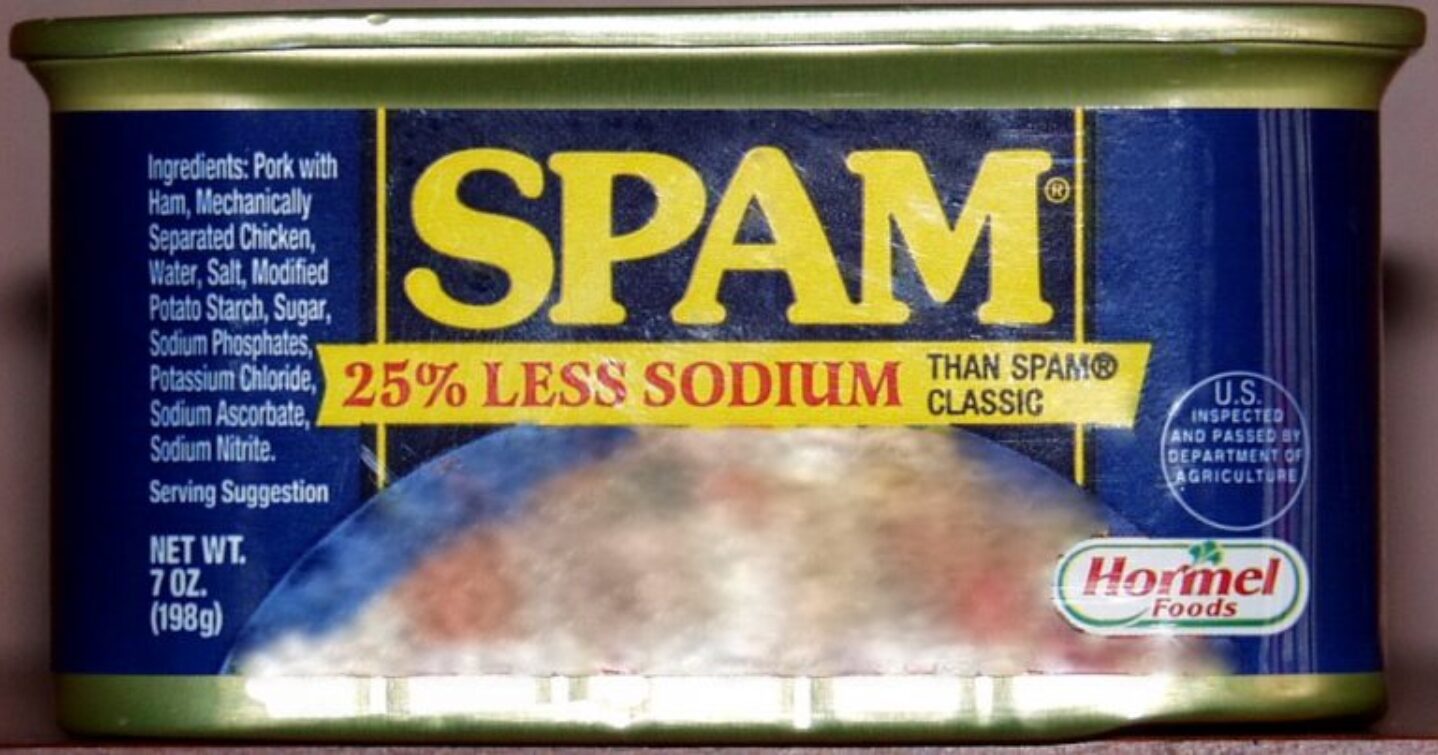Last week, Google released a rarely seen glimpse of how they work and how ‘search’ happens on such a large scale. Covering topics in chronological order ranging from typing in keywords, crawling, algorithms and fighting spam, Google has begun to ensure transparency in the way they work and the way that consumers are able to access over 100 million gigabytes of data in their online index.
One of the most impressive things that search engine professionals enjoyed looking at were the examples of spam which have been removed recently from said index. They claim:
‘The majority of spam removal is automatic. We examine other questionable documents by hand. If we find spam, we take manual action’
Although everyone considers spam to be something that’s easily recognisable, with Google’s Penguin update, it was clear that there many different types of spam which still find new ways to end up in the SERPs. This clearly brings a poor user experience and a poor online environment – in this blog post we’ll look at 10 types of spam and what Google is trying to do to combat it.
Keyword Stuffing
One of the most basic and therefore easiest to fight comes from stuffing your site and Meta data full of keywords. This practise makes any visible text seem unnatural, and information is often presented in blocks or out of context. Repeating words and phrases multiple times within the same body of text is considered keyword stuffing and a poor tactic.
Cloaking and Redirects
Cloaking is when a website directs Google to a different, more ‘optimised’ version of the site than the end user sees. Displaying different content to human users than that which is shown to search engines is considered spam, and Google now has algorithms in place to notice this.
Parked Domains
The process of purchasing domains and ‘parking’ them while waiting to sell them on is looked upon as a spamming tactic by search domains. They are deemed as placeholders with very little unique content.
Comment Spamming
One of the best things about blogging is the online communities they serve. This does however attract armies of spammers who post irrelevant, incoherent and incomprehensible comments on message boards and forums to sell things, increase their rankings or to hack a site.
Sites with No Value
Low quality content on websites which is deemed by Google to be of no added value to the user will be penalised. Affiliate pages, automatically generated sites and copied content should all expect to be penalised.
Unnatural Links
A hot topic ever since the Interflora penalty. If Google notices a pattern of ‘artificial, deceptive or manipulative’ links pointing to a site, they are likely to devalue them. Links that have been purchased or those that are part of link schemes are looked upon as spam.
Hacked Site
If there is any vulnerability in a site’s security, it may be open to hackers to then display spammy content or links. According to Google’s advice, website owners should take immediate action to clean their site to avoid being devalued and hit in the rankings.
Pure Spam
‘Pure spam’, as Google puts it, is another easy to identify form of spam as it generates aggressive techniques including generating gibberish, cloaking, scraping and stealing content from other sites and repeatedly violating Google’s Webmaster Guidelines.
Article Marketing Spam
Google heavily penalises low quality article sites and directories that store hundreds of thousands of articles which no-one wants to read. It was generally considered a move towards favouring quality content – so high quality articles on reputable sites which are naturally shared will still be visible online and rank well.
Low Quality Directories / Link Farms
Okay, so not exactly spam, but still dealt with in a similar way by Google. Devalued in much the same way, low quality directories now come across as spammy in their approach to building links, and are worth avoiding.
The list above previews some sure-fire spamming techniques which are best avoided if you want to rank well in competitive searches. Loom’s integrated digital marketing services improve the visibility of your business and help you grow naturally – contact us now for more information on the ways we can help you.
Spam Header image by Cypher789 via Wikimedia Commons CC BY-SA 3.0




